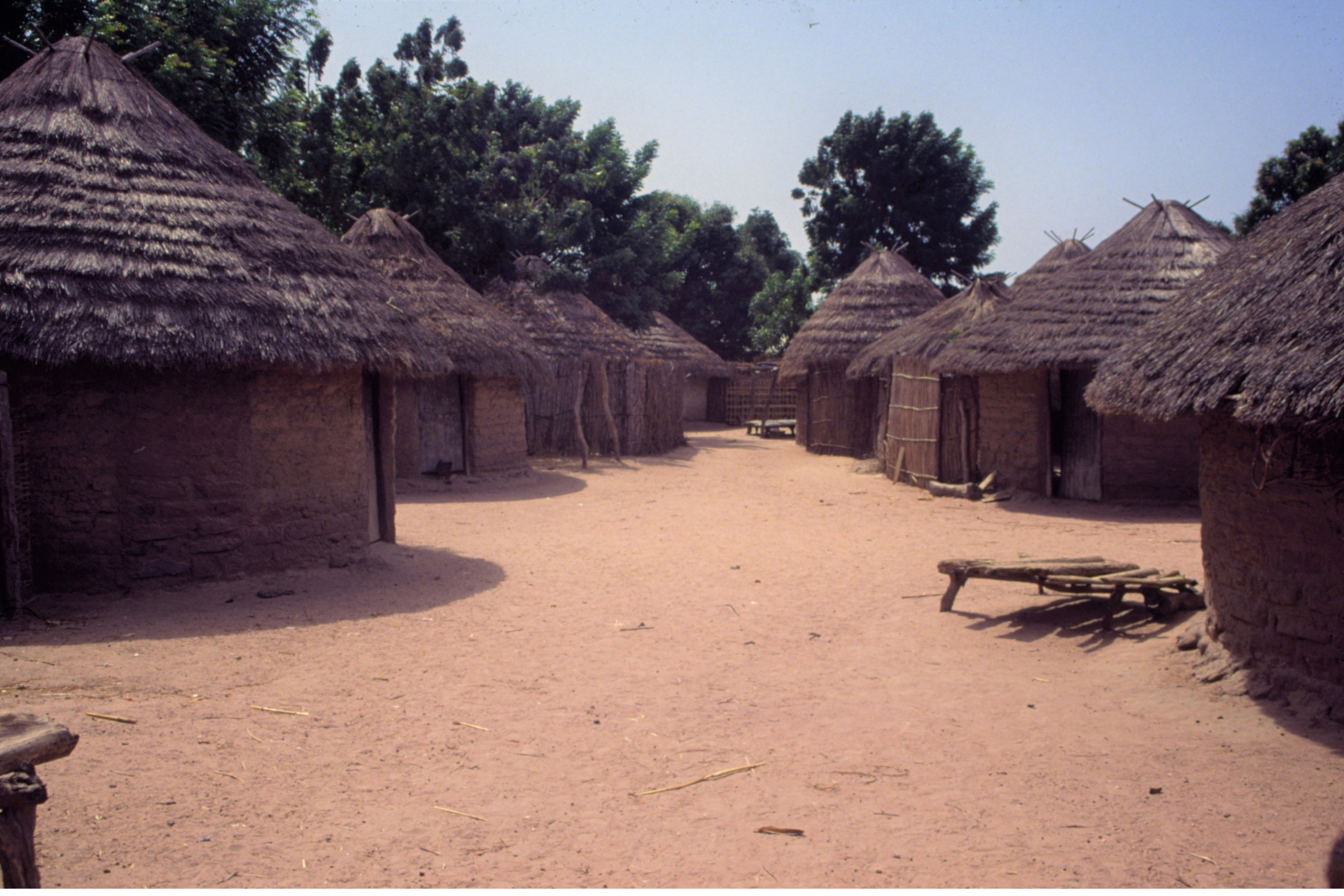INTRODUCTION
Community-Based Tourism (CBT) aims to empower communities to actively shape their tourism experiences, ensuring that the benefits stay within the region and support sustainable development.
In this post, Adama Bah, a leading expert in Community-Based Tourism from The Gambia, talks to us about what CBT is, its importance for local communities, and how it can create a more responsible and sustainable tourism industry.
With many years of experience in the field, Adama provides valuable insights into how CBT can transform local economies, preserve cultural heritage, and foster deeper connections between travelers and the destinations they visit.
Many thanks to Adama for taking the time to share his knowledge.
UNDERSTANIDING COMMUNITY-BASED TOURISM – Q & A WITH ADAMA BAH
Note: The following responses have been edited for brevity while preserving their original intent.
1. COMMUNITY-BASED TOURISM OVERVIEW
Adama, thank you so much for speaking with me today. So first question: Can you explain what Community-Based Tourism means and how it differs from traditional tourism?
Community-Based Tourism is a type of tourism that’s owned, managed and operated by the communities. It can take many forms such as homestays, activities, or excursions, organized by the communities themselves.
Normally, it operates based on sustainable principles, with respect for the culture, and the communities ask the tourists to respect their culture, too. They preserve the environment, which is important for their own activities. And economically, the profit that comes from Community-Based Tourism is meant to go towards the development of the community. That’s what Community-Based Tourism is about.
2. BENEFITS OF COMMUNITY-BASED TOURISM
What are some of the benefits that a community might see from a Community-Based Tourism Initiative?
One is the financial benefit. Of course it can bring money to the community.
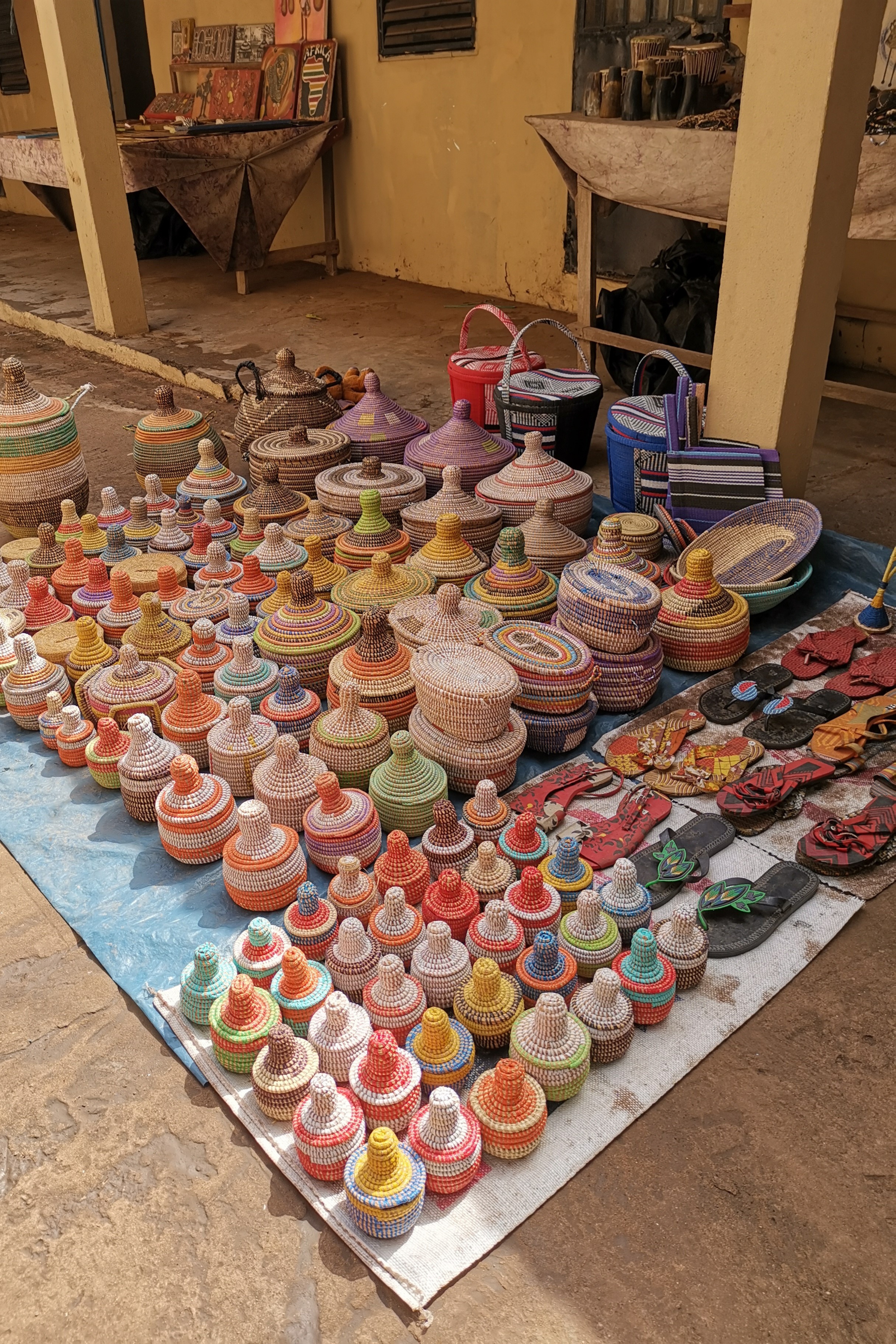
Two is, it can help revive cultural activities that were almost dead within the community.
We have seen examples where communities are starting to bring back traditional storytelling. Of communities bringing back traditional wrestling matches. There might be a traditional craft that was not seen as very important, but then tourists buy the craftwork, which revives the craft. Or traditional drumming, dancing, and singing that was considered something that belonged to the elderly generation, and it seemed like those traditions would die when they did. But now young people are taking up the mantle, because they realize that tourists are interested in these things, and they can get some income from this heritage.
So it can be very helpful in reviving the culture and heritage.
Third, it encourages preserving the environment. If communities know that bird watchers, for example, will be coming, they are less likely to cut down the trees. Because without the trees, you don’t have birds.
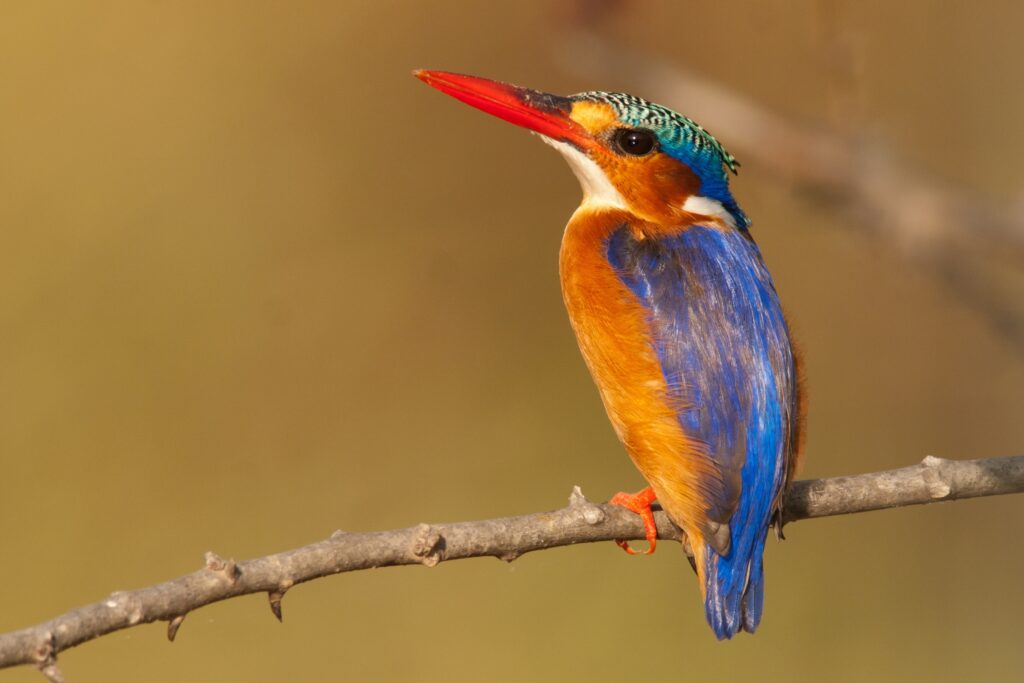
I’ll give you another example. In The Gambia, we have these stone circles, which are very important. But nobody took care of them. Because they felt that they were nothing.
But when tourists started to come and pay to visit them, the communities began to see their value. And the guides began to research their own history, their own heritage. And they’re beginning to respect that heritage again.
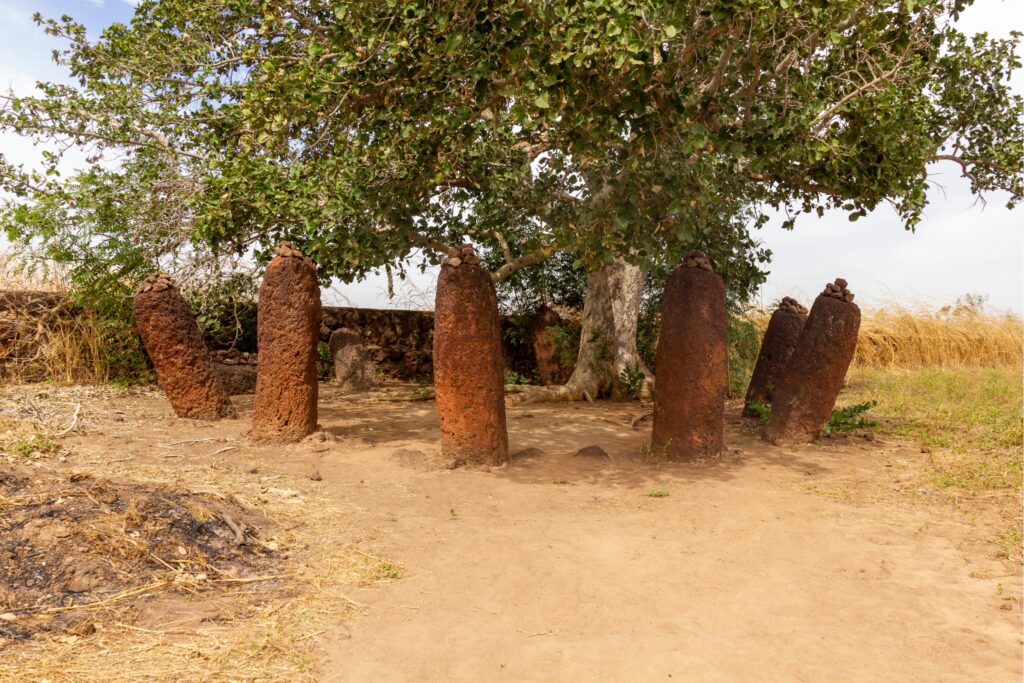
3. POTENTIAL PROBLEMS
What are some of the problems that can occur when Community-Based Tourism is not practiced responsibly?
It can be a disaster. If you don’t have the governance structure in place and make things transparent, if you have a few people handling everything, and the community doesn’t know what is happening, there is a lot of suspicion, a lot of division, and people wonder where the money is going. If some members of the community are seeing the benefit while others are not, that can cause a crisis.
So instead of helping, you end up destroying the very fabric of that community.
Now, in some cases, there are cultural norms that you have to work with. Because in our societies, it’s highly patriarchal, men decide everything in the small villages. I have seen situations where, if women come to the meetings, they are silent all the time. You try to get them to speak, but they’ll say, “No, we are not meant to speak. The elders speak on our behalf”.
But for tourism to work properly, it has to be inclusive. The women have to participate. The young people have to participate. You have to bring in people that traditionally, these communities may disregard.
And you have to help the communities to understand that that’s the way this system operates. Everyone within the community needs to see that ‘this is a new economic venture, and because of that, we have to rely on those people with some understanding of how it operates, to share with us how it is done’.
4. CHALLENGES
What are some of the challenges of Community-Based Tourism?
We have to examine, first, how the community got the capital to start their business. It must be the community’s decision to undertake such an enterprise, not imposed on them.
In some cases where the money is given to them as a loan, not a grant for example, payment can be an issue that needs to be taken care of in a way that is not disruptive to their activities.
Another challenge is that in many cases, the community doesn’t have the expertise to manage and market the initiative. Sometimes they run into problems because they just start, without doing proper market research to know if guests will come.

Location, location, location is important. They must think about how tourists can access them if they are in a remote place where internet is an issue, where even access to proper connections and telephones is an issue.
Governance can be another challenge. Who is receiving the money, and how is it distributed within the community?
So one must be very mindful of how to go about it. Steps must be taken to deal with those challenges. Governments or NGOs must work to help build the community’s capacity to manage these things. Otherwise, it can be a disaster rather than a blessing.
5: CHOOSING THE RIGHT COMMUNITY BASED TRAVEL EXPERIENCE
How can travelers identify Community-Based Tourism experiences that genuinely benefit the local community, and don’t lead to exploitation or cultural commodification?
Start with who is taking you there: the tour operator or the ground operator that is organizing the tour. By ‘tour operator’, I mean the international tour operator. In the Gambian context, the ground operator is the one that does the tours locally, and they have an arrangement with the tour operator.
Do your research to select the most ethical and responsible ones. Not only based on what they put in their websites, but look at examples of what they have done in communities.
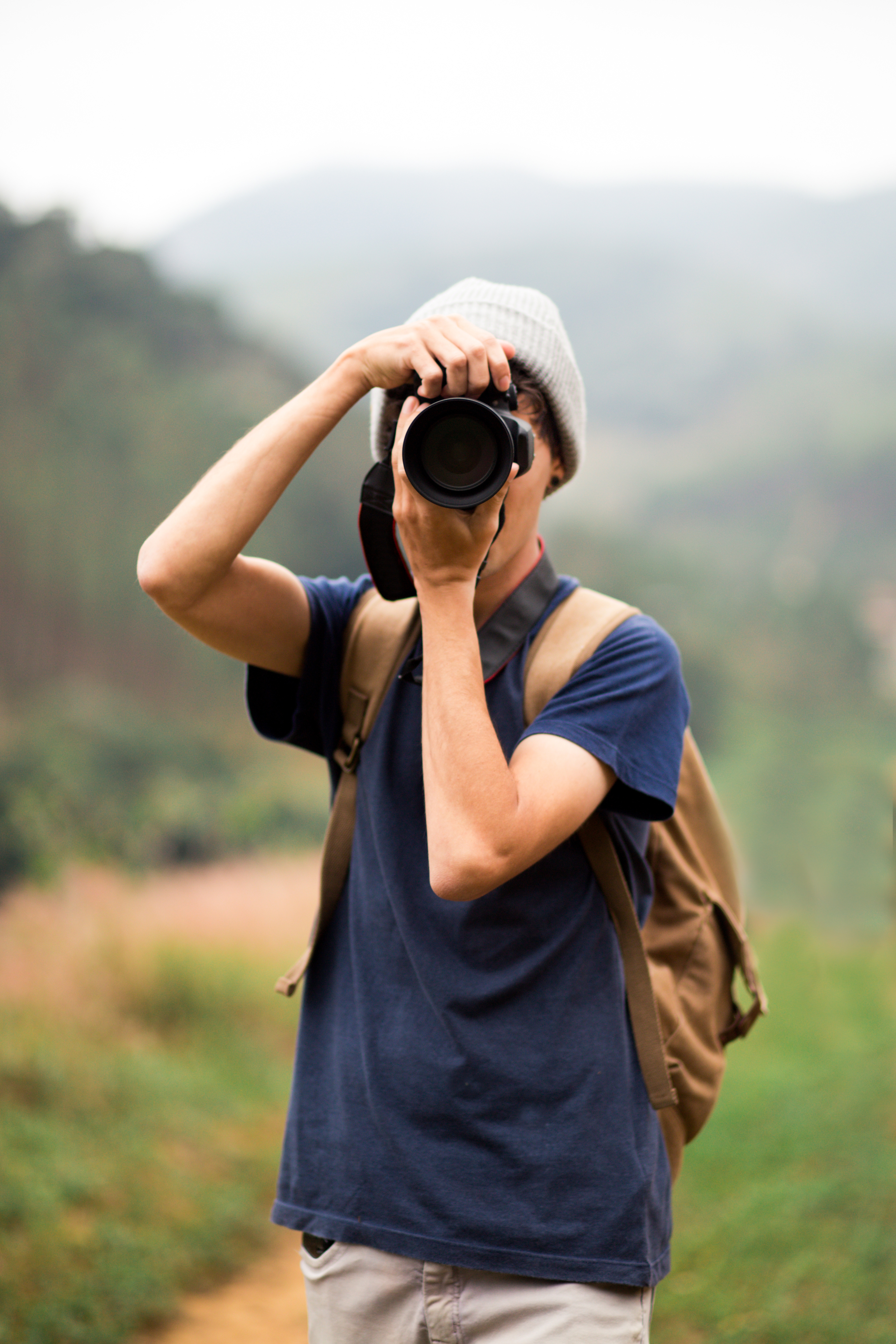
Find out from those who have traveled before what experiences they have had. TripAdvisor is a good resource. You can look at the comments that guests make about their trips to know if the communities are treated with respect, and if any of the money really goes towards community development.
Also, you can find out what is the appropriate way of giving back to the community. We have seen bad examples of people visiting a school, stopping in classes and giving gifts to children, or coming to villages and just taking photographs, without asking permission.
You have to look for those tour operators that are actually qualified, and that give you all the information required to be respectful, both of the environment and of the community.
6. HOW TO MAKE SURE YOUR TRAVEL DOLLAR SUPPORTS THE COMMUNITIES YOU VISIT
How can travelers visiting ensure that the economic benefits of community based travel actually go to the communities that they visit?
This is a crucial point. But it needs to be handled in a way that the community does not feel you are imposing your own values on them. Because, especially with tourists coming from the West, sometimes they feel, “I’m going to Africa. The whole of Africa is corrupt, so I will not give my money”. There are a lot of misconceptions about that. And sometimes that may cause friction between the communities and the tourists who are visiting.
So rely on the operator that is taking you there and find out how they are utilizing the money. Do your research on them, but then trust the operator, trust the ground operator who takes you to the village, to give you accurate information about how your money is spent.
What we encourage communities to do is to agree on a project. For example, they may need a borehole to bring water. Once they agree, the tour operators must inform the tourists that ‘if you give your money, it goes towards building a borehole for the community’.
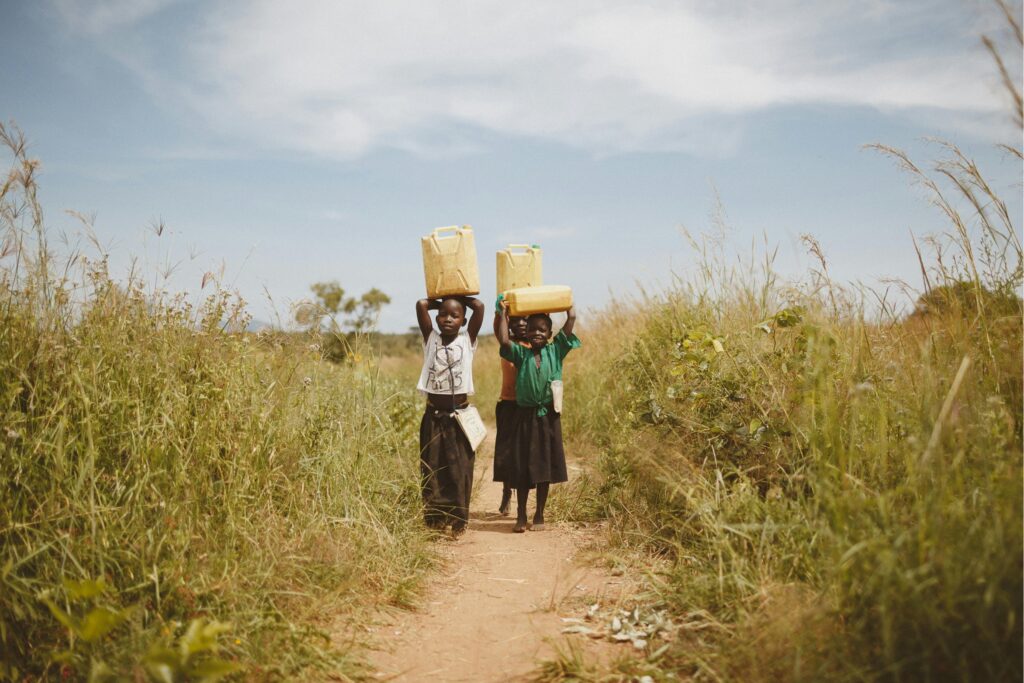
Then the tourist should ask the tour operator how that is done and what the governance structure is. And if the guests come back, it’s easy for them to see whether the well is built or not. If it is not built, then they can say to the tour operator, “You told me a well was going to be built from the money collected, but I don’t see the well”.
So there must be checks and balances. The tourists, tour operators and ground operators must find a way of dealing with that. But don’t go directly to the community, because that can be seen as imposing your own values or telling them what to do.
7. TIPS FOR ENGAGING RESPECTFULLY WITH THE COMMUNITY
What advice would you give to a traveler who’s looking to engage with the local community that they’re visiting in a respectful and responsible way?
In The Gambian context, how you dress is really important, because the majority of people are Muslims.
Also, make sure that the money that you’re paying is given to the right people. For example, if it is a homestay, there will be people who will receive the money when you come. Make sure that it is done in the proper way, and make sure that you are given a receipt. Don’t just hand over cash.
Also, don’t come and just give sweets to children. Ask ‘what is the norm?’ In the case of a school, the norm is to give any gifts or sweets to the teacher. In the case of villages: in The Gambia we have what we call alkalos [village heads], and in most cases, you give the presents or the gifts to the alkalos to distribute to the community.
Be respectful and don’t be over judgmental. And there are certain topics that are inappropriate to bring up. I’ve seen situations where guests will come and start discussing FGM [female genital mutilation] with the community, and which can be a sensitive topic. Or they’ll start a discussion about the political situation of the country, and get themselves entangled in discussions where they may be seen as being disrespectful.
It’s important to know that not everyone accepts being photographed. Always ask permission before you take photos. Ask the person if it’s alright to photograph them. Be courteous, just be respectful.
8. COMMUNITY-BASED TORUISM SUCCESS STORIES IN THE GAMBIA
Can you share a success story from Community-Based Tourism, an initiative in the Gambia that highlights its impact on the local community?
The first Community-Based Tourism experience we had in the Gambia is a place called Tumani Tenda village. And it’s mainly a Jola settlement. Jola is an ethnic group in The Gambia.
And they had money from the forestry department because they were keeping their forest intact in a sustainable way. So they won a prize, the forestry department gave them some money, and they used that to start their own camp.
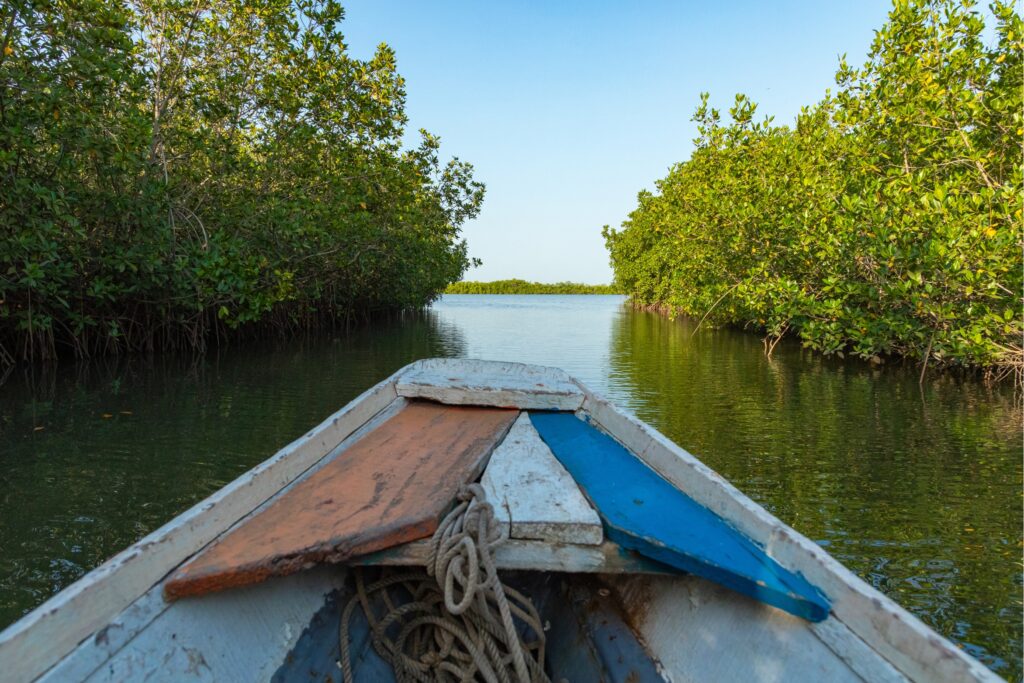
I visited the camp not long ago, for the first time in many years, and I’m very happy with the way they’re doing things.
They’ve got a solid committee that is really taking care of the governance. They’ve got a young person who is managing the place. They’ve improved their accommodation from what it used to be many years ago.
When I first went there, they had a shared toilet for everybody. Over the years, I’ve seen that they’ve invested in making sure that every room has its own separate toilet facilities. The environment is kept very well, their forest is still intact.
I asked them about how they’re utilizing the money. They’re using it to pay tax. We have compound tax, which the local councils take from everyone, be it in the villages or in the towns. And over the years, they’ve been paying all this tax for their village. So no one in the village is paying tax on their compound. They calculate everything and pay it to the village head, and the village head takes it to the council.
What is amazing about that is, many small businesses try to evade tax. Big businesses, too. But here is a small community that has not defaulted paying their tax for many years now. I found that to be a really good example of what can be done.
Apart from that, they’ve got a primary school, and they are supporting the school. They are supporting the women, helping to fence their vegetable garden. They’re helping bring water, by digging the only borehole, which goes past the community on its way to the camp.
This is all with money that they get from that small camp, I think it’s just eight rooms. And when I went there, it was full.
I talked to the tourists, and they were really, really happy, they were having an experience unlike any they’d had anywhere.
I’ll give you another example. Right now, we are promoting a river-based cultural and nature tour called the Ninki Nanka trail. [The Ninki Nanka is a legendary creature in Gambian folklore, who inhabits the river Gambia and the swamps around it].
And what we have been doing with the Ninki Nanka trail is, we have set up a charity called Ninki Nanka Encounters, to prepare the communities, and to give them that capacity to deal with the challenges of running Community-Based Tourism initiatives.
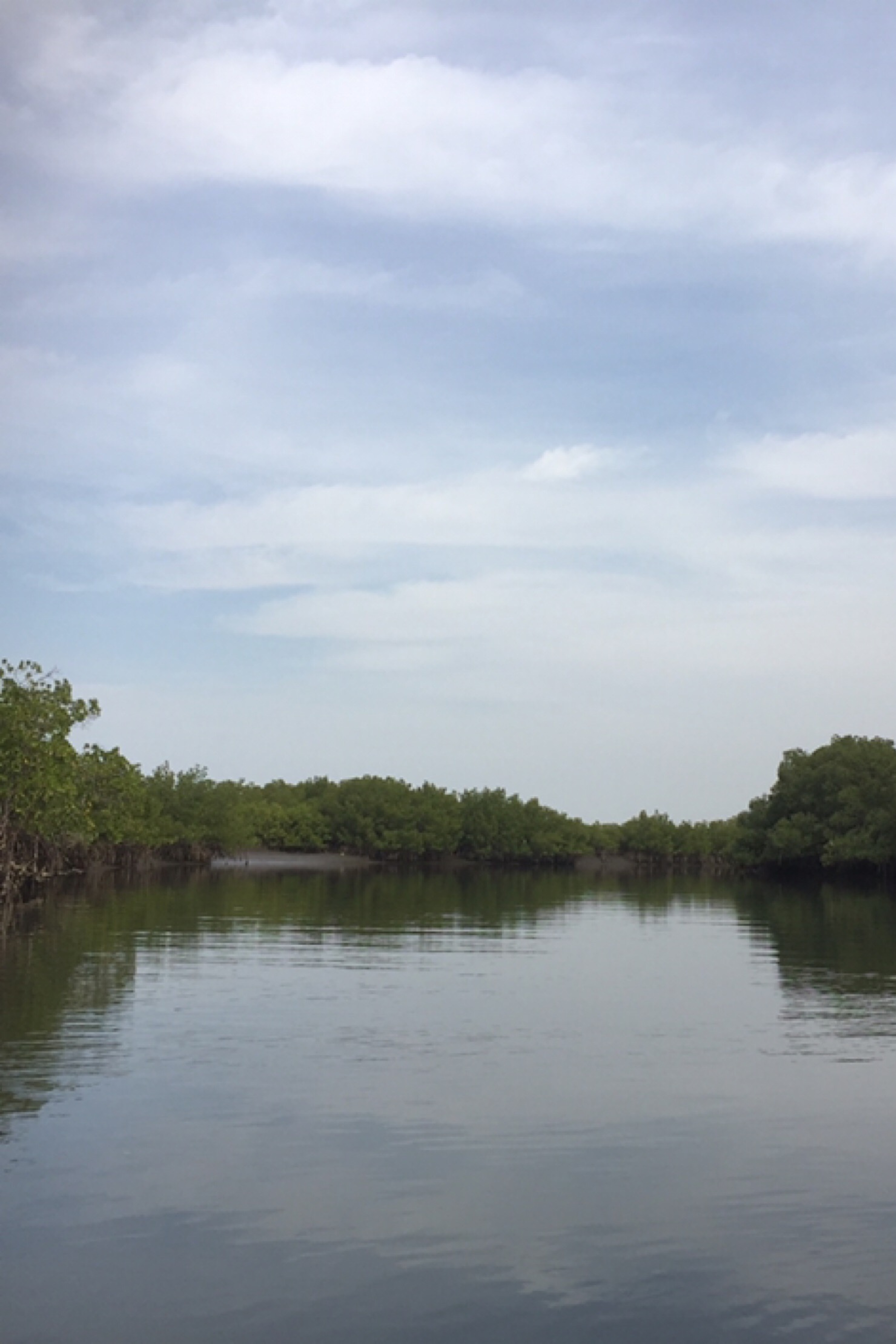
9. THE FUTURE OF COMMUNITY-BASED TOURISM
What trends do you foresee in the future of Community-Based Tourism, and particularly in relation to sustainable development goals?
One thing I’ve found in many of these Community-Based Tourism experiences that I have seen, not only in The Gambia, but abroad as well, is that climate change is not yet factored in.
I’ll give you an example. In developing the Ninki Nanka Trail, we are trying to factor in the issue of climate change from the very beginning. We have got a group coming from Thailand, so that we can exchange experiences on carbon-neutral tourism, and what can be done within Community-Based Tourism to showcase what you’re doing around climate change?
So we’re asking questions around ‘How do you deal with the waste? Do you use the waste for your garden? Is it managed in a responsible way’?
There is another Community-Based Tourism project in Ndemban Tenda. A lot of the women do oyster farming. When they harvest the oysters, they cut the stems of the mangroves, because that’s where the oysters grow. But mangrove trees are really important for their survival, and for the survival of the environment. They can protect from erosion and flooding.
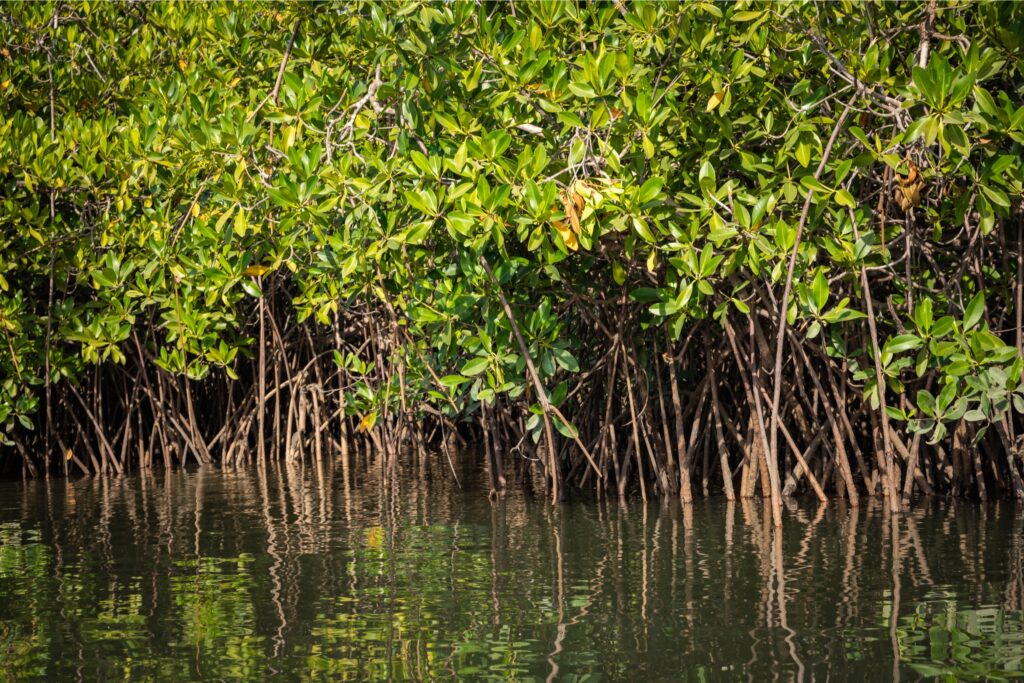
So we brought some experts in to train them on how to use a system of bamboo and strings. The oysters grow on these strings, and then when they mature, you can harvest them by cutting the strings and hanging new strings in their place. And now the farmers are not cutting the stems of the mangroves, they are keeping them alive.
About Adama Bah:

Adama Bah has over 40 years’ experience of working in the tourism industry in The Gambia and other West African countries. He spent over 25 years in operational roles in The Gambia’s hotel industry. He is a founding member of the Association of Small Scale Enterprise in Tourism (ASSET) and was involved in the training and general capacity building of most SMEs in tourism.
From 2006 to 2013 he became local coordinator for the Travel Foundation. Through this he designed, managed different CBT linkage projects in The Gambia.
He worked as a tourism community development specialist for ITC in building Liberia’s tourism development strategy, and was engaged by USAID as tourism private sector team member to help Ghana transition from a tourism board to a private sector led tourism Authority.
He was also engaged by UNWTO as tourism product specialist to identify tourism cultural resources of Badagry, Lagos, Nigeria as it relates to their slave history.
Adama has been a cultural tourism consultant for the tourism master plan study for the Gambia government. ITC/ YEP CBT consultant to develop the NNT product and its international promotion.
He is the founder of the Institute of Travel and Tourism of The Gambia (ITTOG), which specialises in hands-on training in all sectors of the tourism industry.
He is also a founding member and Chair of the NNE Foundation. In July 2019, Leeds Beckett University awarded him an Honorary Doctorate of the University, for dedicating much of his life to responsible tourism, both in Gambia and internationally.


